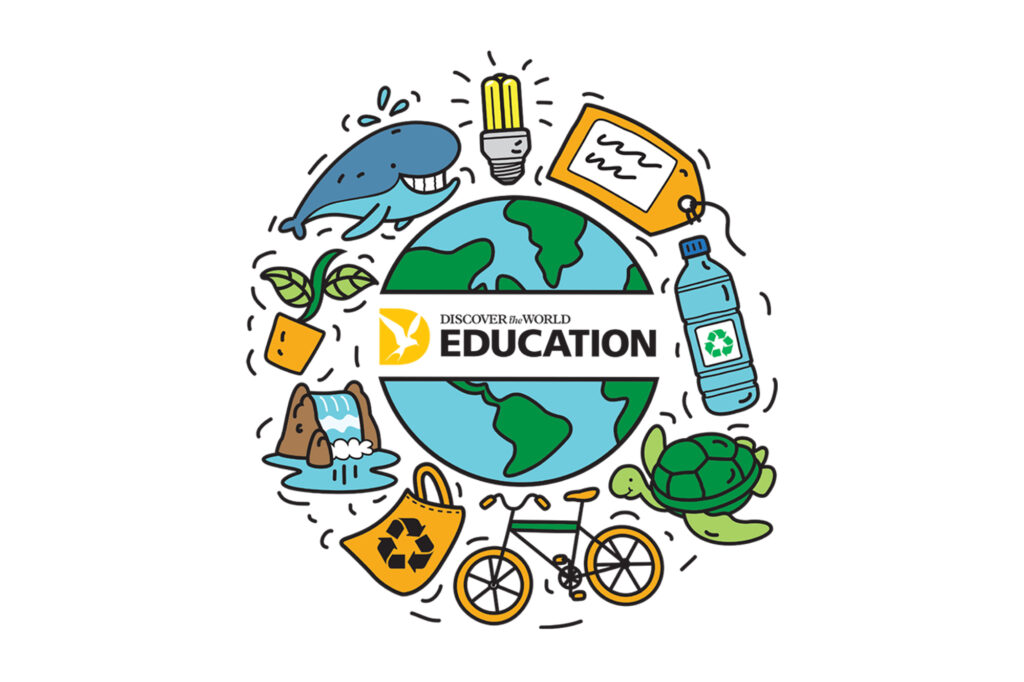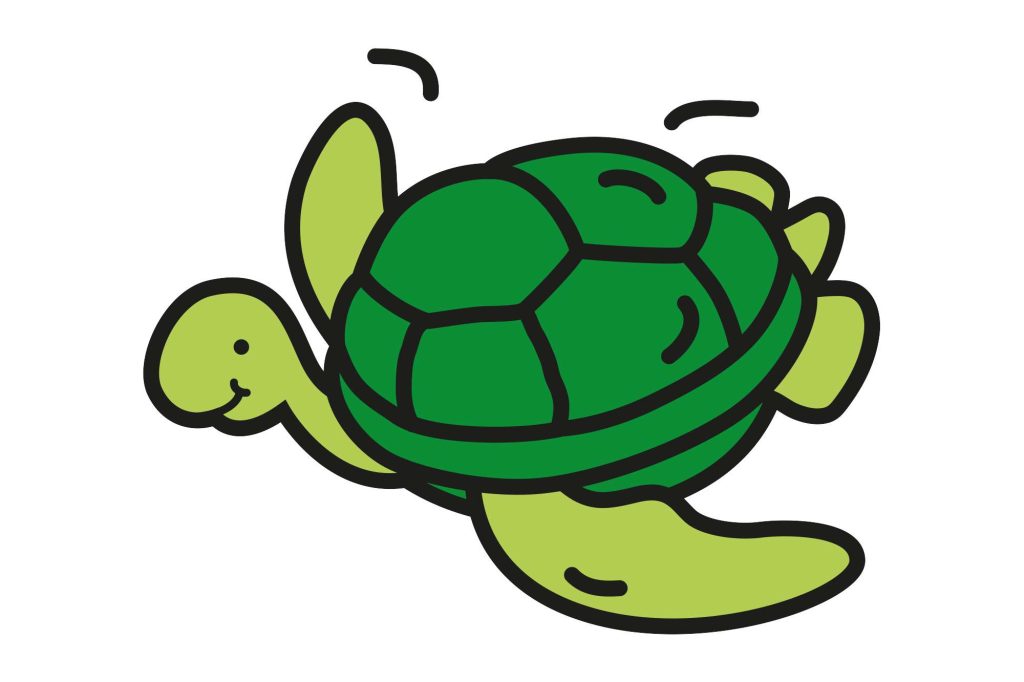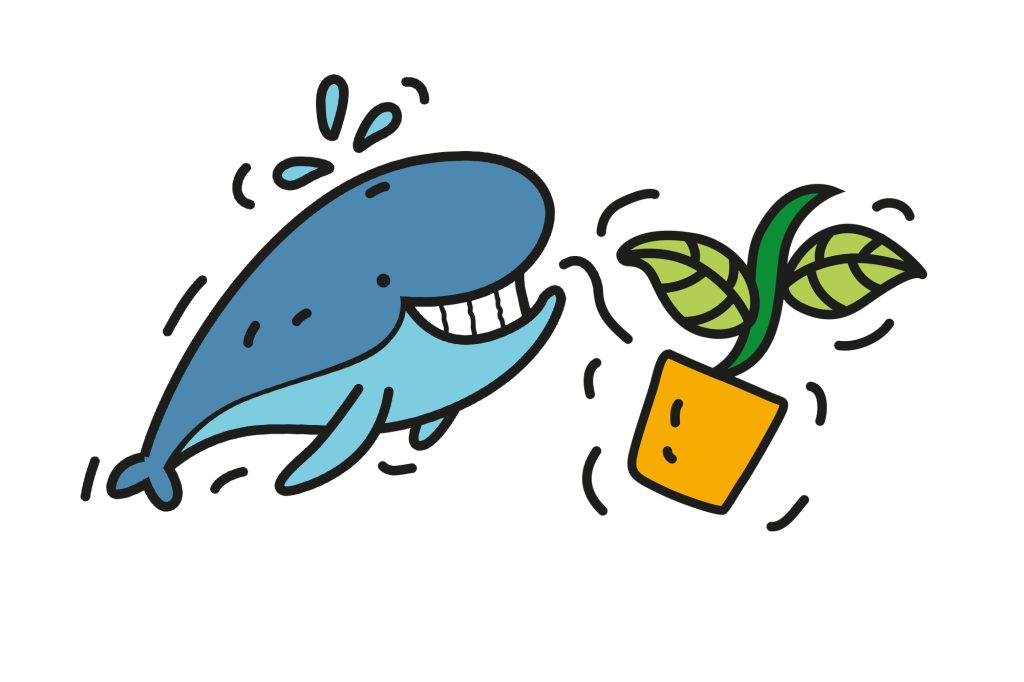Responsible School Travel
Whilst travel and tourism brings many benefits, it is a heart-breaking truth that our curiosity for travelling can also have a negative impact on those places and on our environment as a whole. Air travel, globalisation and overcrowding have in some instances had detrimental effects on places and the people who live there and it is the responsibility of each of us to minimise this impact and appreciate that we leave behind a footprint wherever we go.
As passionate travellers and educators, we believe the benefits of travel should not be lost by the next generation.
That is why we are working on more and more ways to become a more responsible travel provider. This means we are committed to finding and implementing maintainable strategies that; protect fragile landscapes, minimise our carbon footprint, celebrate unique cultures and benefit local people.

Pillars of sustainability
Many people refer to the pillars of sustainability to help define the simple areas when developing an approach to sustainability. They are called pillars because together they provide the foundation of sustainability and if one of these pillars is weak, the whole approach is unsustainable.

Environmental Pillar
This pillar focuses on reducing negative impacts on the environment including minimising carbon footprint, conserving natural resources, reducing waste etc.
To tackle this pillar, we are working on several projects, firstly we are working with World Land Trust, an international conservation charity, which protects the world’s most biologically important and threatened habitats.
We are also working with Kids Against Plastic, a charity who educate young people about the plastic problem as well as advocating for changes in legislation. Check out our student’s guide to responsible travel to see how teenagers Amy and Ella recommend students minimise plastic waste at home and abroad.
In addition, from September 2019 we are reducing our paper consumption through using our online resources to provide teachers with their travel documents on the go.
This pillar is broad and there is much more that we can do. We’ve set up a sustainability squad in our office so that we are constantly reviewing our practices and finding better ways of working.

Social Pillar
The social pillar is about positive impacts. We have been a proud supporter of local businesses across the world since our beginnings but we don’t want to stop there. We want to work with our suppliers to find more ways to celebrate their traditions and share their way of life with our students.
We want to encourage students to engage with and respect local culture whether this is trying new foods or using the correct etiquette when greeting people, you can find out more about this in the Student Guide to Responsible Travel (linked below).
If you are interested in including more cultural activities in your next trip, look for the culture symbol in your activities brochures or speak to your travel specialist.

Economic pillar
According to the World Travel and Tourism Council, the sector is one of the largest industries in the world. In 2018, it contributed $8.8 trillion to the global economy, as well as generating 10% of the jobs worldwide. For example, tourism helped Iceland recover from their economic crash in 2008.
In addition to working with local suppliers, another way to focus on the economic pillar is to ensure students look for local souvenirs to support independent vendors during their trip. You can see more on this topic in our Student Guide to Responsible Travel (linked below).